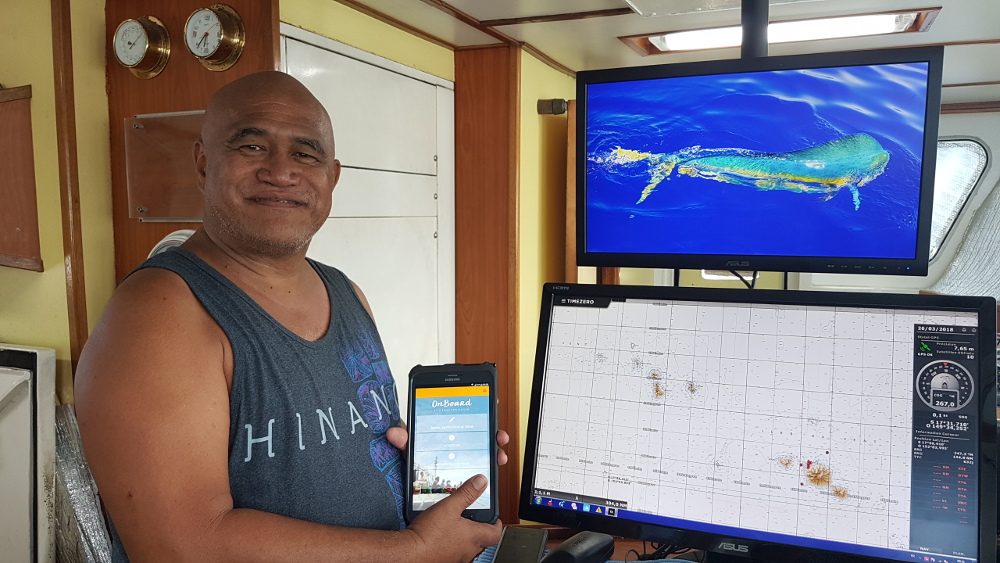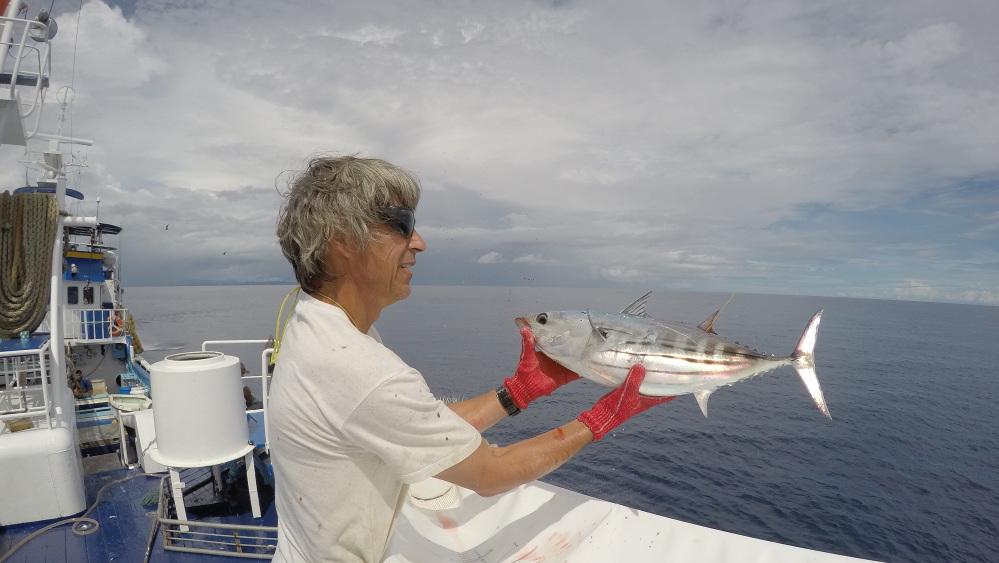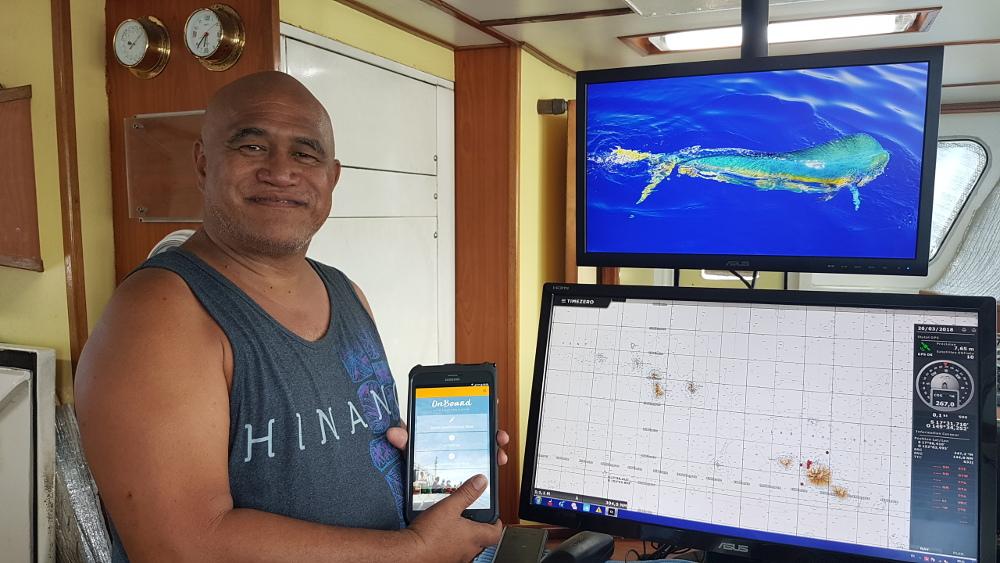

Today is World Tuna Day, an opportunity to acknowledge one of the most widely consumed fish in the world, and reflect on how to protect it for future generations. The creation of World Tuna Day was led by Pacific Small Island Developing States, where tuna is a vital source of economic development, food security and government revenue.
Over 60% of the world’s tuna comes from the Pacific Ocean, and good fisheries management is vital to ensure it is fished sustainably. SPC plays an important role in managing tuna fisheries in the Pacific, as noted by Moses Amos, Director of Fisheries, Aquaculture and Marine Ecosystems Division: “SPC is providing scientific advice to strengthen management and conservation measures through data collection and analysis”.
One important way that data about tuna is collected is through SPC’s Oceanic Fisheries Programme tuna tagging voyages. Over many voyages, scientists have tagged more than 430,000 individual fish and released them into the Pacific Ocean. These tags are gradually recovered over months and even years, and provide data to monitor mortality, movement and growth of tagged fish. These data are used to understand the health of tuna stocks and the impact of fishing practices. The last tuna tagging voyage went through the waters of Papua New Guinea and the Solomon Islands. Building on the hundreds of thousands of tags released since the Pacific Tuna Tagging Programme began in 2006, the next voyage will be departing from the Marshall Islands in July this year.
Fisheries management also depends on a clear understanding of how many tuna are being caught, and where. Fishers usually use paper logsheets to record catch data, but this system is cumbersome and data can take months to be collected and manually entered into databases. French Polynesia has implemented OnBoard, an SPC developed application used by longline fishers as an electronic logsheet to report effort and catch data. OnBoard allows for data to be collected and transmitted efficiently to an integrated data management system, and gives managers access near real time information.
Moving from paper logsheets to tablets and smartphones is a challenge for many skippers. “People are reluctant to change. But at the same time we have a very close relationship with our skippers and our shipping companies. We helped to support them before and during implementation of OnBoard, and that support will continue”, states Ms Moeana Jo-Ann Pere of French Polynesia’s Department of Marine and Mining Resources.
Following the success of the initial French Polynesian trial in 2017, authorities are now committed to full implementation of the 61 longline vessels in the fleet in 2018. A team of local and SPC staff are overseeing the process, and helping to train captains on how to use OnBoard.
Tuna are one of the great predators of the Pacific Ocean. They are a vital source of food, economic development, government revenue, culture and recreation throughout the Pacific. World Tuna Day celebrates a fish that is powering progress in the Pacific, and needs to be sustainably managed so that future generations can continue benefit from it.
Contact: Neville Smith,Principal Fisheries Scientist (Fisheries & Ecosystem Monitoring and Analysis, SPC. (687) 26 20 00, [email protected]
